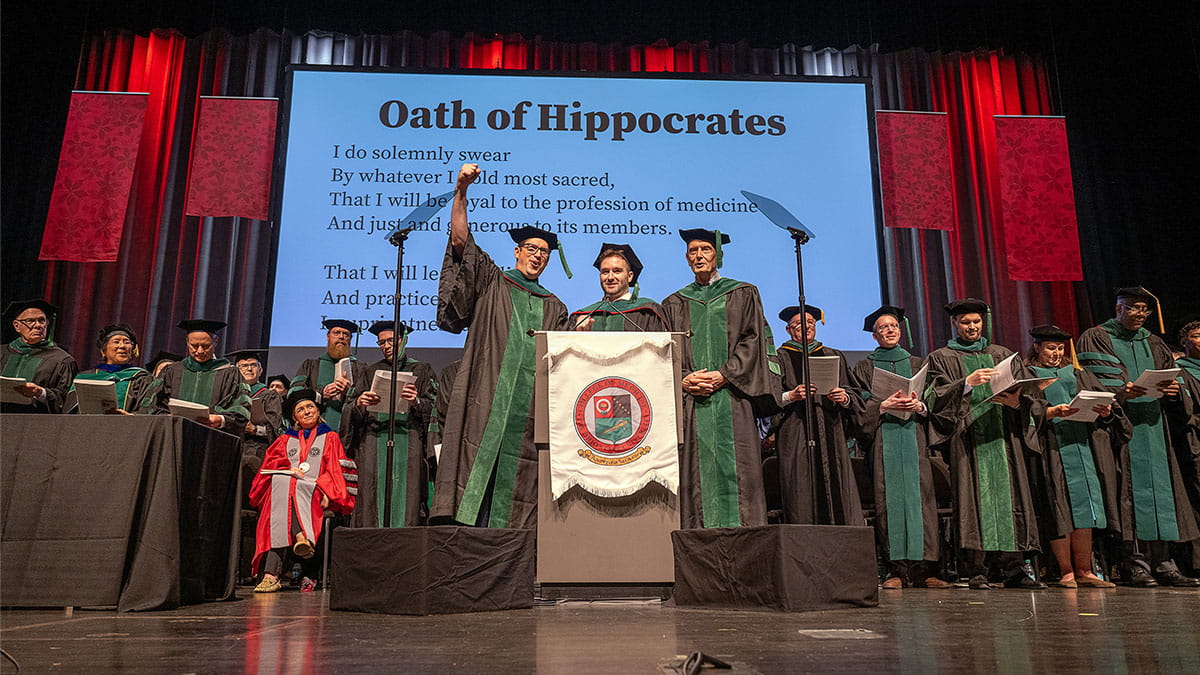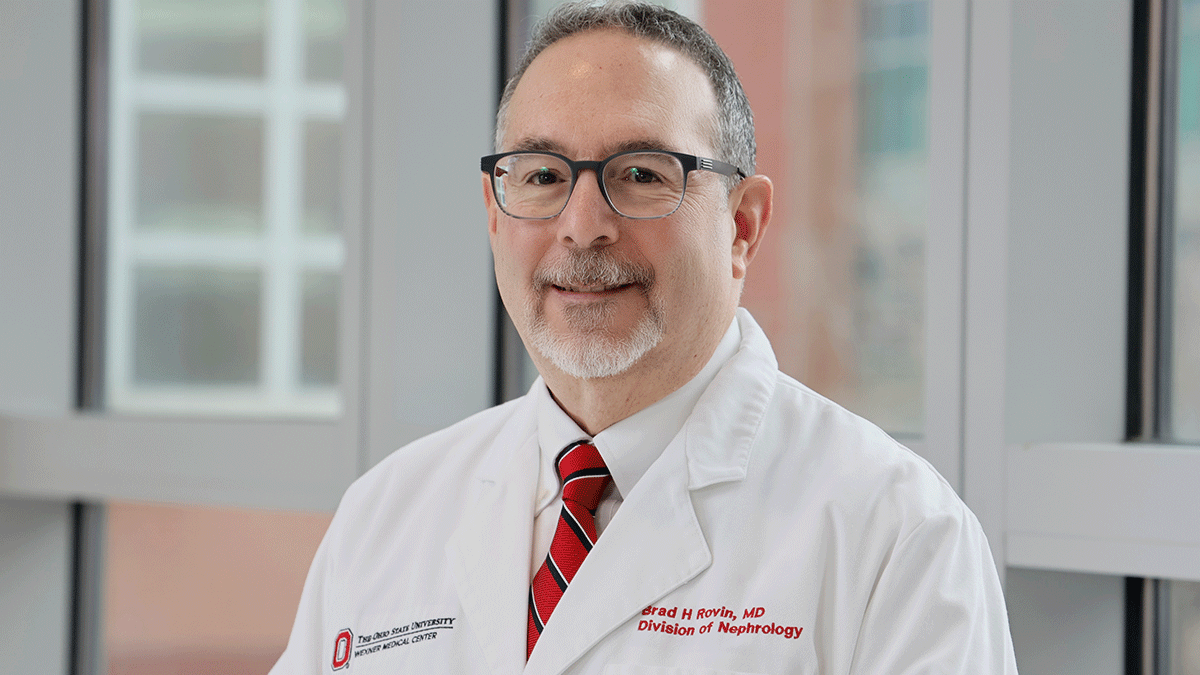Research on neurologic-informed care focuses on unhoused individuals who’ve experienced at least one TBI

The knowledge that individuals who have sustained a traumatic brain injury (TBI) before becoming unhoused adds a unique set of circumstances to the challenge of developing interventions to help them manage the neurobiology of trauma. Knowing that many of the unhoused have sustained TBIs also affects how we help them; they struggle with managing the cognitive and behavioral impairments that arise after TBI that can make it difficult to complete daily tasks, pay bills and maintain key personal and professional relationships. That is why Kathryn Hyzak, PhD, Provost’s Fellow-to-Assistant Professor Research Faculty at The Ohio State University College of Medicine, serves as co-principal investigator on research that examines how the cognitive and behavioral deficiencies inherent to TBI negatively affect individuals, often leading to homelessness or being unhoused and socioeconomic disadvantages.
Statistics show that approximately half of unhoused individuals, either those who experience housing instability or are homeless, have sustained at least one TBI in their lifetime. Up to 90% of them sustained their first TBI prior to becoming homeless.
“TBI is 14 times higher in the homeless population. When left unidentified and unaddressed, these impairments can affect a person’s ability to fully benefit from existing homeless and housing service programs meant to facilitate housing access and housing retention,” Dr. Hyzak says. “This community has been neglected in both research and care, with very little literature and research to refer to.”
Dr. Hyzak just received an R34 grant for a three-year, research-focused planning grant that will inform her research team’s built blueprint for staff who work with unhoused clients. “Neurologic-Informed Care to Improve Health Equity Among Persons with Brain Injury Experiencing Homelessness: A Community-Engaged Implementation Approach” will focus on ensuring front-line staff are better prepared to address the needs of clients with a TBI, and it will lay the groundwork for a clinical trial.
“Neurologic-informed care (NIC) is a novel, integrated model of care that could enhance the equitability and effectiveness of services for this population,” Dr. Hyzak says. “Our aim is to create training and policies that could be incorporated to better equip staff and effectively address health equity issues.”
This will entail conducting interviews, implementing the Ohio State University TBI Identification Method to screen for lifetime exposure to TBI, and giving a symptom questionnaire to identify specific impairments and neurocognitive accommodations for overcoming these impairments. They will do site visits and establish focus groups to understand how to tailor NIC to different, specific locations. The information they receive from their interviews or surveys will go directly into the blueprint to create a clinical trial.
“Our plan to work directly with organizations that serve real clients will effectively inform the blueprint,” Dr. Hyzak says. “It’s a novel and community-engaged approach.”
Further, the information gleaned will allow Dr. Hyzak and her team to assess factors that might arise and prevent their developed blueprint from being adopted, like issues related to funding or ensuring enough staff exist to enact the developed procedures. This will help the team determine a plan before a clinical trial takes place, addressing barriers that might block NIC from being used in practice.
Increasing the uptake, effectiveness and sustainment of NIC in unhoused, homeless and housing service settings will take deliberate implementation efforts to overcome multilevel barriers at the staff, organizational and system levels.
“Real-life issues and developed interventions are often quite different in scope, but this project aims to close the gap between the two, further enhancing health equity in our communities,” Dr. Hyzak says.



